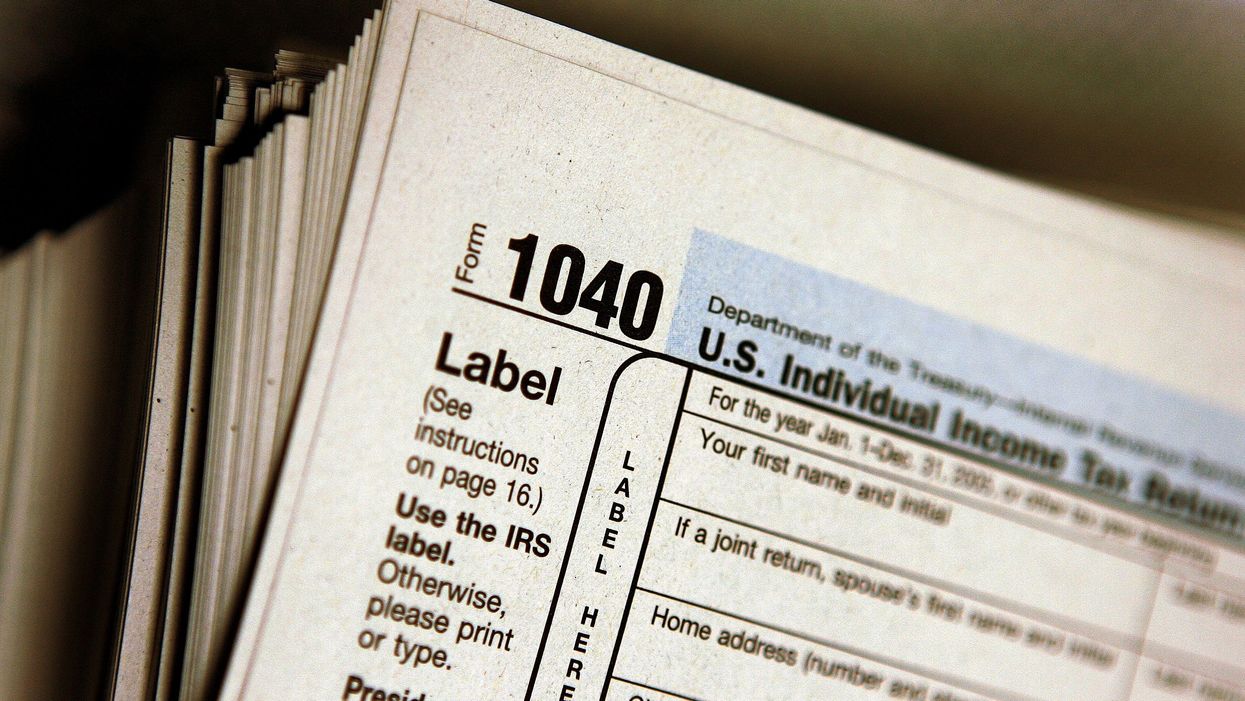The legal battle to pry loose President Trump's tax returns appears to be headed to defeat in the California Supreme Court, while numerous other efforts continue to move forward.
According to reporting by the Sacramento Bee, a majority of the justices on Wednesday appeared to side with Republicans challenging the new state law that would force Trump to release the last five years of his tax returns in order to get on the 2020 primary ballot.
During oral arguments, several of the justices aggressively questioned an attorney representing Secretary of State Alex Padilla.
"Where does it end? Do we get all high school report cards?" asked Justice Ming Chin, according to the Bee.
If the court strikes down the law (it has 90 days to reach a decision), the state could still appeal to the U.S. Supreme Court.
Trump was the first presidential candidate — and now president — to refuse to release his taxes since the 1970s.
Other states are considering laws similar to California's. In addition, four committees of the Democratic-controlled U.S. House of Representatives have subpoenaed Trump's tax returns and so has the Manhattan district attorney, also a Democrat. Trump is fighting all of those demands.
A provision requiring presidential candidates to disclose their tax returns was included in HR 1, the comprehensive political reform legislation that passed the House in March. The bill was the centerpiece of the Democrats' agenda when they took over the House in the 2018 election. It passed on a partisan vote but is unlikely to be considered in the GOP-controlled Senate.
Meanwhile, a federal judge said Wednesday that the House Democrats on the Ways and Means Committee had a "really strong argument" in their lawsuit seeking Trump's federal tax returns. They filed the suit after the Treasury secretary and the head of the IRS refused to turn over Trump's tax returns.
U.S. District Judge Trevor McFadden urged Congress and the president to resolve the dispute outside of court.




















Trump & Hegseth gave Mark Kelly a huge 2028 gift